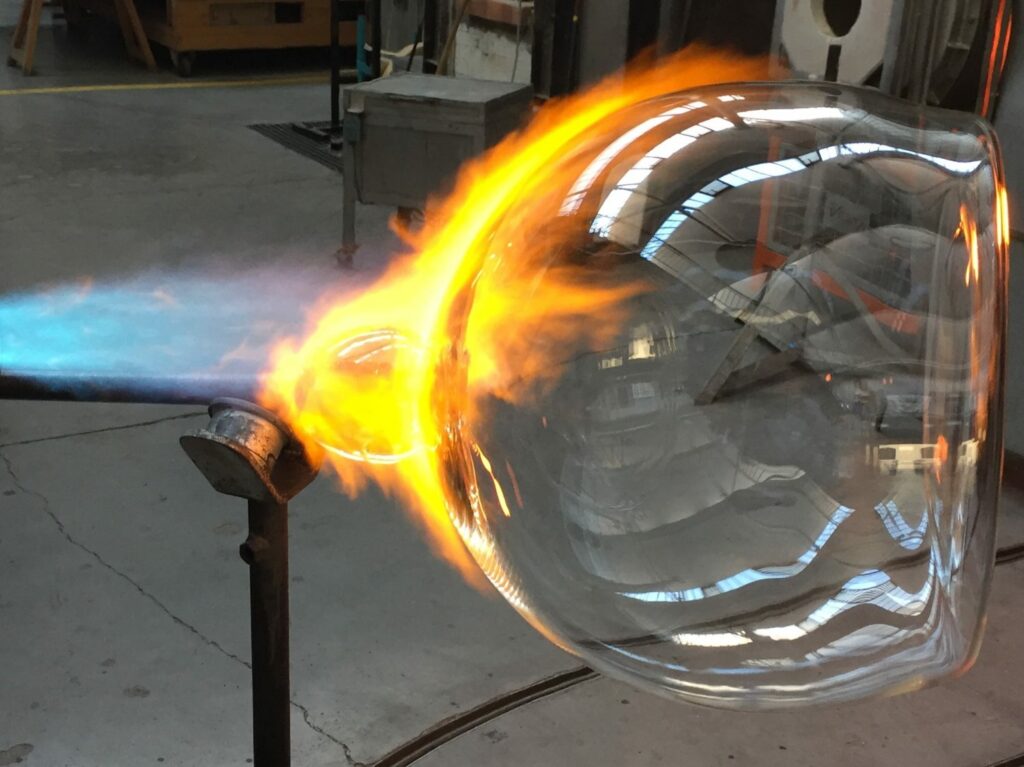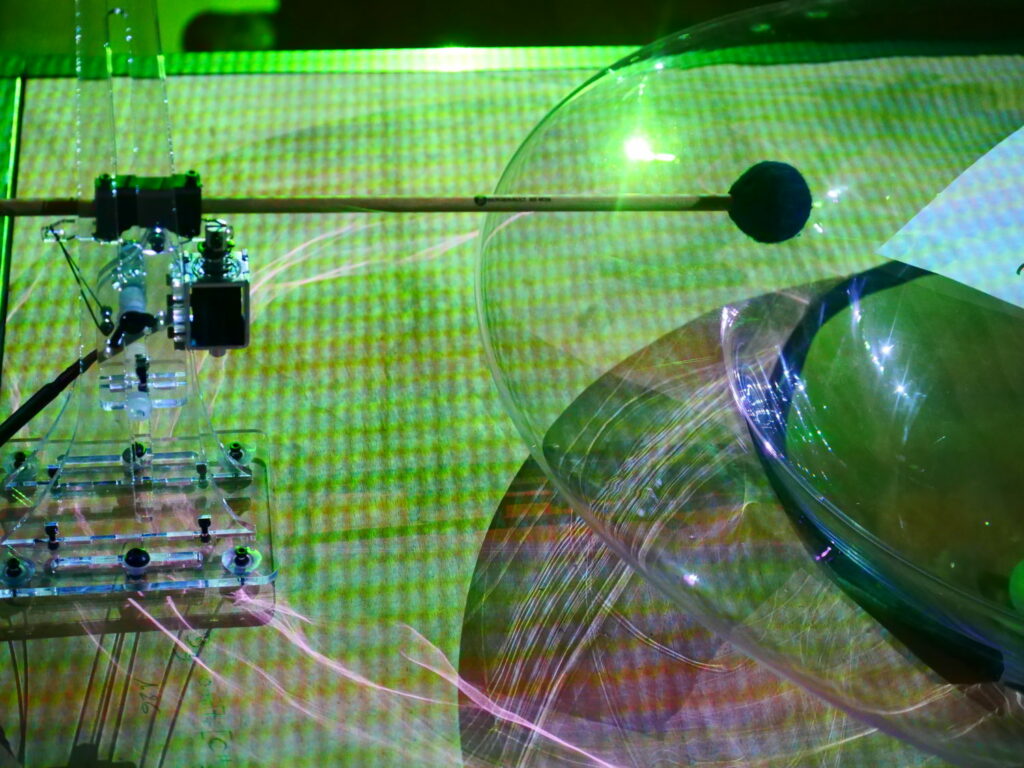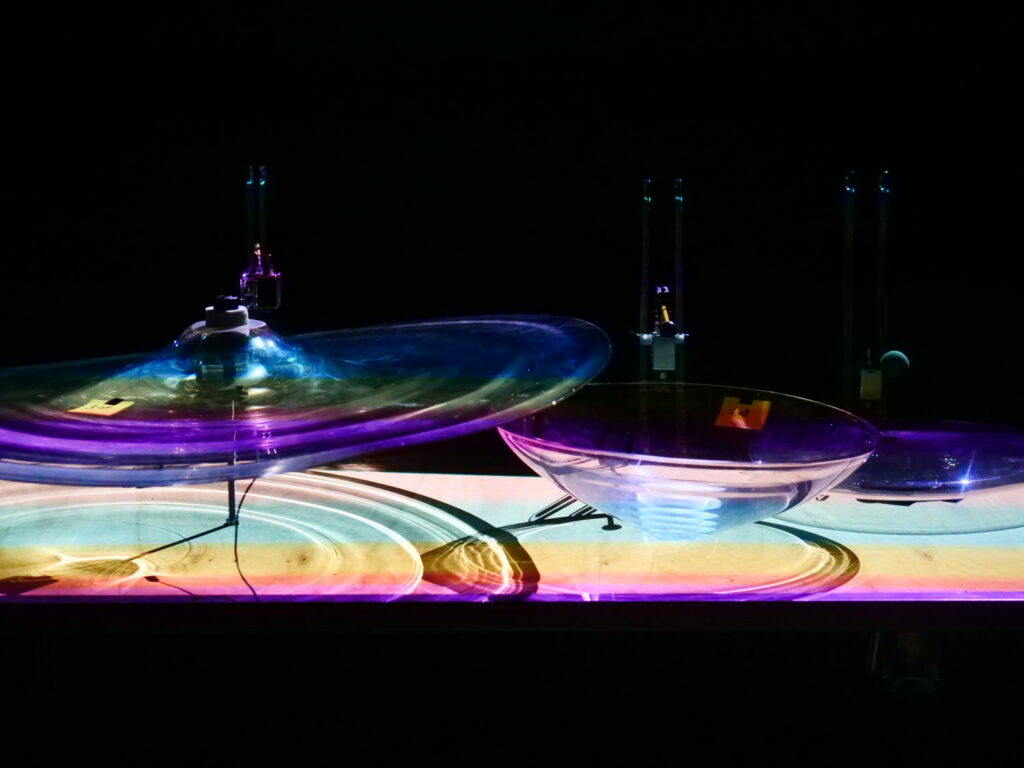next dates
Christian Sebille
Born in 1963 in Epernay, Christian Sebille is a composer and artistic director of the GMEM in Marseille. From 1983, he devoted himself to electroacoustic music, which he studied with Jean Schwartz (Conservatoire de Gennevilliers) and Philippe Prévost (Ircam-Centre Pompidou). In 1987, his research naturally turned to mixed music, which he practiced with Luc Ferrari at the Muse en Circuit. In 1993 in Reims, he founded Césaré, which became the Centre national de création musicale in 2006, promoting research on diversity and new forms of (re)presentation of musical creation.
In 2011, he was appointed director of the GMEM, Centre national de création musicale de Marseille. His catalog includes more than sixty vocal, instrumental, electroacoustic and mixed works, including a chamber opera (L’alleluiah – Georges Bataille – state commission), numerous pieces dedicated to theater or choreography (Jean Deloche, Nadège Macleay, Emmanuelle Huynh…). In 2002, a commission from the Opera of Limoge for orchestra, choir, three percussions, electric guitar and three voices will serve an opera-choreography of Nieke Swennen. From 1999 to 2013, he created a large cycle of musical installations (Les miniatures), the eleventh of which, commissioned by the City of Dijon, is particularly ambitious. The thirteenth and last one was commissioned by the Monuments Nationaux and designed for the Château d’If in Marseille. His research is essentially directed towards the notion of space and movement. He likes to confront himself with other artistic disciplines. He collaborates with many artists from other artistic disciplines, notably with Francisco Ruiz De Infante (video artist).
Christian Sebille develops a computer lutherie that allows him to invest in the field of improvisation both in France and abroad (Alex Grillo, Didier Petit, Sylvain Kassap, Pablo Cueco, Philippe Foch, Matt Bourne, Chris Sharkey, Christophe de Bezanac, Jean-Marc Montera …). In 2019, he produced the music for the exhibition Trouble fête by Macha Makeïeff. Also, he participates in the constitution of an experimental corpus with musicians coming from oral and traditional practices, from which the trio “Ici et d’après” with Miquèu Montanaro and Jean-François Vrod comes. Currently, he is preparing a series of works that will be presented in the form of installation, performance and concert.
The sound base comes from the realization of glass pieces designed and blown at Cirva (International Center for Research on Glass and Plastic Arts), in Marseille, throughout his residency that he began in 2018.


